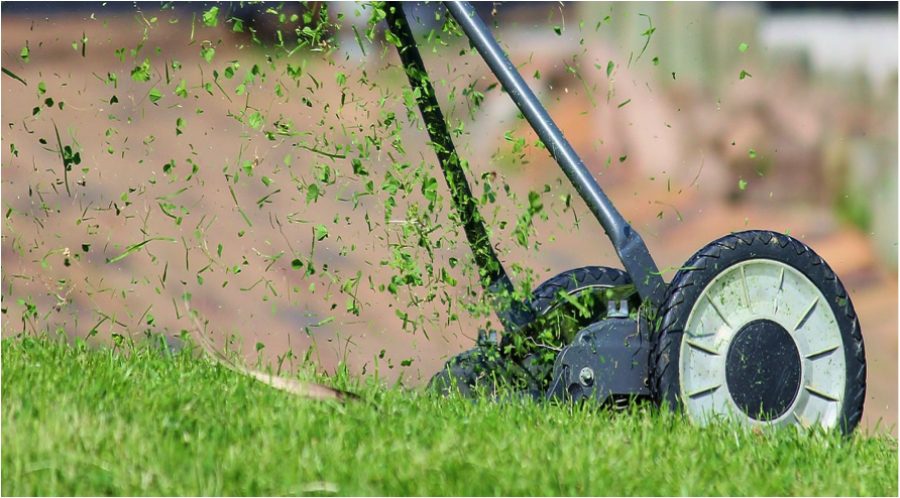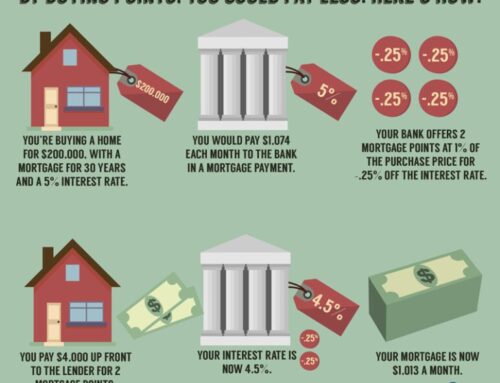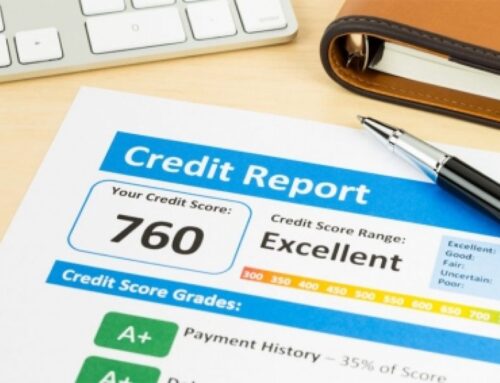Buying your first house? You’re likely driven mainly by budget, but there are some other important considerations you may not have thought of that can help you find the perfect place. Not only can these tips help you find a home that really suits your lifestyle, but also helps you afford to live there comfortably.

Can you afford to heat and cool it?
You may only be thinking of home size in terms of the number of rooms or square footage you want. But, in many cases, a larger home costs more to maintain. More space means more space to heat and cool. Although, a home that’s newer or that has updated systems can help defray costs because it’s more efficient. Your real estate agent may be able to get an idea of the monthly utility costs so you can have this information up front.
Who’s going to mow the lawn?
If you’ve never had your own lawn or garden, you may not know if you have a green thumb or if you’ll regard the time it takes to care for it as a pleasure or a bummer. Then again, if you’re already dreading the idea of having to spend a couple hours out there each week, perhaps a single-family home isn’t for you. Yeah, you could pay someone else to do it, but you’re already stretching to buy your own place, right? Perhaps the lower-maintenance lifestyle offered by a condo or townhome is the best option for you.
What’s good for resale?
Are you thinking about how easy it will be to sell your home when you’re just about to buy it? Maybe not, but, the truth it it’s always a good idea to think like a seller when buying. Chances are, this starter home won’t be your forever home, and the same questions you have about the floorplan or location are likely the questions would-be buyers will be asking when you go to sell.
As it relates to the floorplan, it’s a good idea to think beyond what you think you might want and consider what’s popular in the area. If homes with downstairs master suites sell especially well and you haven’t considered that plan, this info may make you rethink your strategy.
How close are the schools?
Dying to walk your kids to and from school every day? That’s the dream for many a parent. But what you might not be envisioning is being able to watch—and hear—every kid in the school walk by twice a day, every day. What seems like a super-convenient location right on the walking path to the elementary school may just turn out to be too much of a good thing if it impacts your privacy and peace of mind.
Did anything weird happen there?
Yes, the seller will be required to disclose physical defects and also defects that create the potential for stigmatization. “What you’re talking about is the issue of ‘psychological damage’ to a property, to be distinguished from ‘physical damage,’” said NOLO. “In some cases, the psychological damage is so great—such as after a violent or highly publicized murder or suicide, or widespread reports of haunting—that the house is considered ‘stigmatized’ and therefore less valuable. In most states, the owner would indeed be expected to disclose a defect causing the house to be stigmatized, so that buyers could adjust their expectations and purchase price accordingly.”
A natural death in the home, however, is not generally something that needs to be disclosed. If that’s the type of thing that could keep you from wanting to live there you, just ask. “If a prospective home buyer asks you outright about whether anyone has died in the home, you cannot lie (unless you want to risk being later sued for fraud),” they said. “Also, be prepared for any buyer who is interested in this issue (or shall we say obsessed by it?) to find out the information online, at a site like DiedinHouse.com.”
Position Realty
Office: 480-213-5251



